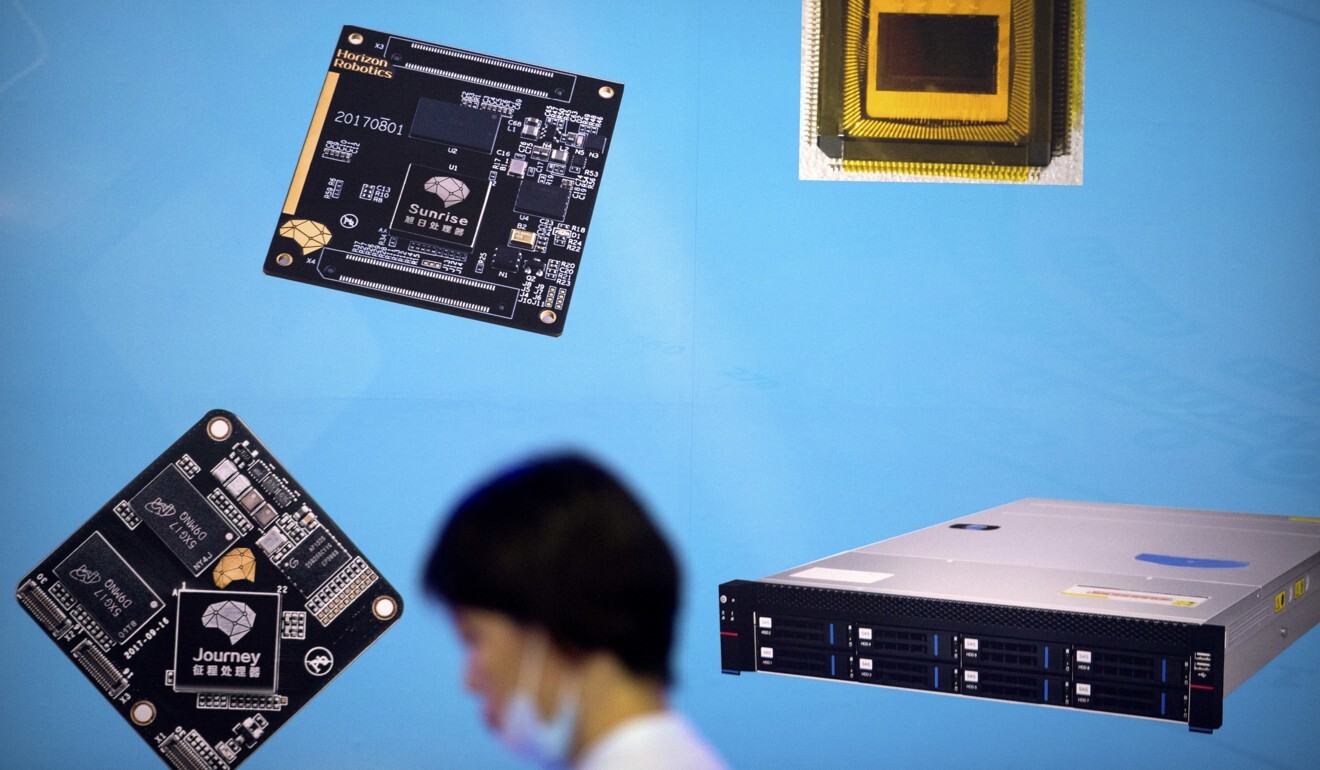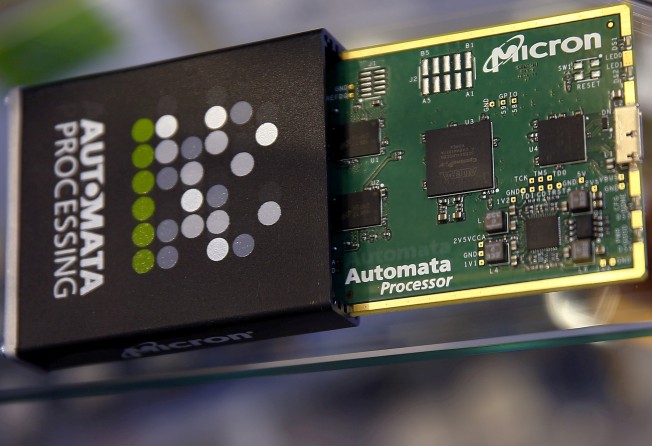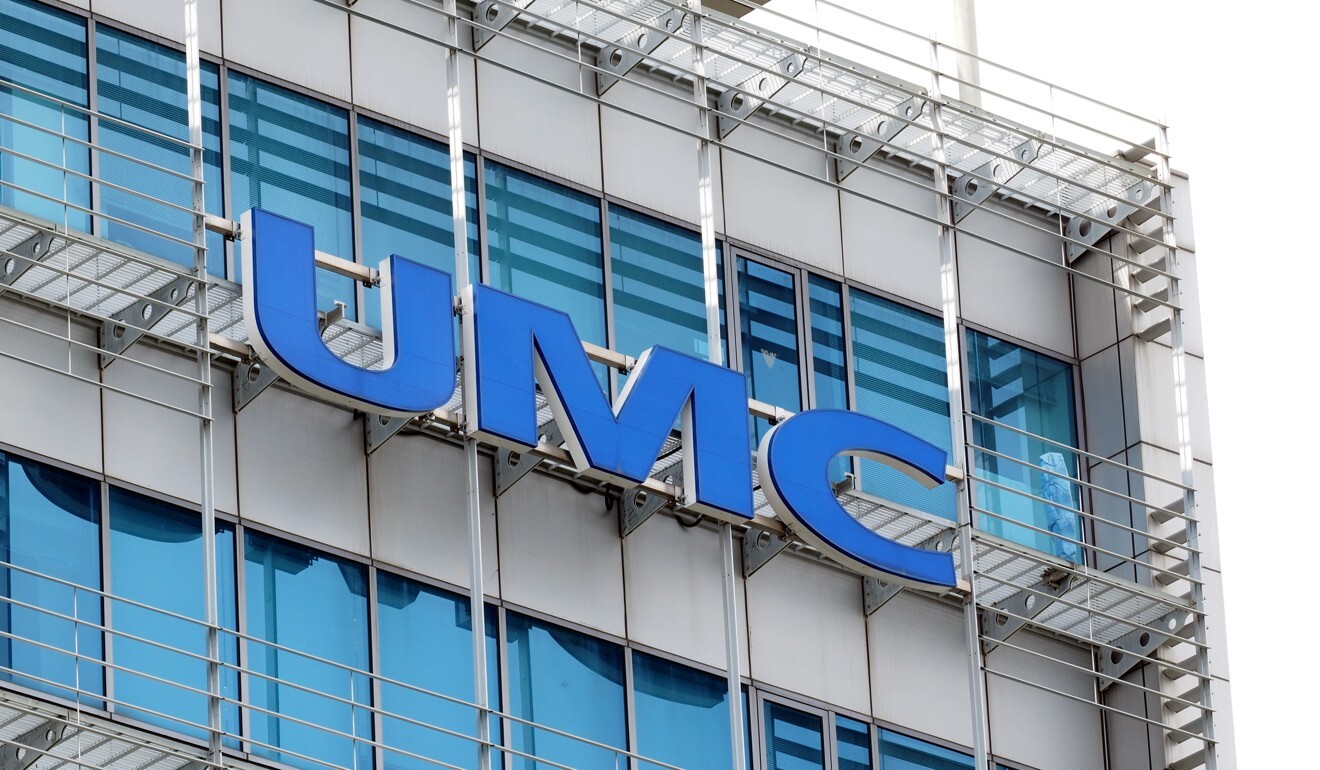
Three engineers in China secrets case put on US wanted list
- Ex-president of Chinese chip maker Fujian Jinhua and two other engineers are accused of stealing technology from Micron Technology
- Issue of arrest warrants marks acceleration of first case filed under Trump administration’s ‘China Initiative’

The has US won arrest warrants for the former president of a China state-owned chip maker and two other engineers charged with stealing secrets from Idaho-based Micron Technology.
The effort to apprehend the three men is notable because they were charged in 2018 in the first case filed under the Trump administration’s “China Initiative”, targeting trade-secret theft, hacking and economic espionage.
A federal magistrate judge in San Francisco issued the warrants on Wednesday after the three men failed to show for their arraignments.
While the prosecution of Fujian Jinhua Integrated Circuit has hobbled China’s aspirations of mass-producing memory chips, the case has crawled along, even as the Justice Department said the China Initiative would prioritise rapid action.

The arraignments of the engineers were repeatedly postponed by agreement between the US and their lawyers. Suddenly on Wednesday, in a three-minute hearing, a US prosecutor requested the warrants, telling the judge she knew the defendants would not show up after talking to their lawyers on Monday.
“Their clients are not here for different reasons,” Assistant US Attorney Laura Vartain Horn told the judge, without offering details. “The appropriate thing to do, and what the government requests, is a warrant for each of the individual defendants.”
Fujian Jinhua has pleaded not guilty and said it is eager to go to trial. Taiwan-based United Microelectronics Corp, or UMC, has also pleaded not guilty.
After the Justice Department billed the matter as a banner prosecution under a special initiative, there may be “political pressure to do something about this case and chalk up a win,” said Calvin Lee, a white-collar criminal defence lawyer.
Beyond appearances, the US also has a responsibility to pursue the accused engineers, said Preston L. Pugh, a former prosecutor who works with Lee. Even if there is no way for prosecutors to realistically get the men into a US court, “they can’t lay down and not do anything about it”, he said.
The Justice Department may be also be asking Taiwan to extradite the men “in return for the US doing if not the same, some other gesture”, Pugh said. “This is not an off-the-shelf agreement, and not one that happens often but it has happened,” he added.
The warrants were issued for former Fujian Jinhua president Chen Zhengkun, or Stephen Chen; He Jianting, or J.T. Ho; and Wang Yungming, or Kenny Wang. All three are Taiwanese nationals, and legal experts have said there is little motivation for them to appear in a US court. Neither China nor Taiwan has an extradition treaty with the US.
Ho and Wang, who previously worked for Micron before moving to UMC, and a third UMC employee were found guilty by a Taiwanese court two weeks ago of theft or assisting in the alleged theft of Micron’s secrets.
The three men were sentenced to jail for periods ranging from 4½ to 6½ years and fined between NT$4 million and NT$6 million (US$136,000 to US$204,000).
The court also fined UMC NT$100 million (US$3.4 million).
UMC declined to comment. Fujian Jinhua spokesman Chad Kolton had no immediate comment.
Mary McNamara, a lawyer for Chen, did not immediately respond to requests for comment. Vanessa Chuang, who represents Wang in Taiwan, declined to comment as she said she does not represent Wang in the US. Of the three, only Ho is still working for UMC.

A call to the law firm that was listed two years ago in the indictment as representing Ho was not answered.
In October 2018, a few days before the China Initiative was announced, the Commerce Department blocked sales of US chip-making gear to Jinhua, grinding to a halt the company’s plans to produce semiconductors.
China, by far the largest market for dynamic random access memory, or DRAM, has made its production a national priority so it can end its reliance on hundreds of billions of dollars of annual imports.
From the criminal case, prosecutors stand to win an order requiring Jinhua and UMC to forfeit chips and income derived from technology allegedly stolen from Micron, as well as a ban on using Micron’s secrets for as long as five years.